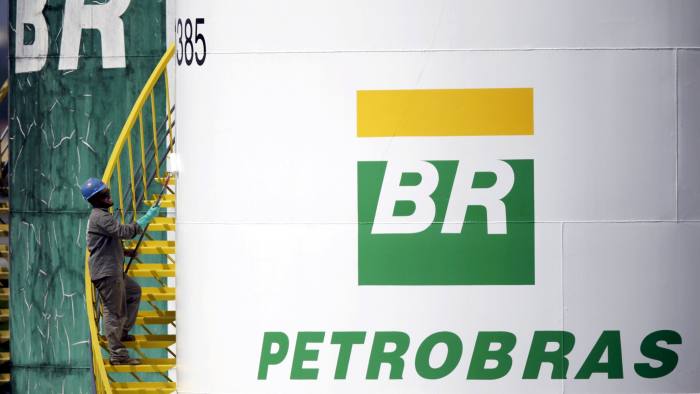London- Brazil, South America’s strongest economy, had been experiencing great suffering over the last few years due to a shrinking economy and scandals of corruption that were short to a stab to the Brazil government.
Even the national oil giant, Petrobras, a semi-public Brazilian multinational corporation in the petroleum industry headquartered in Rio de Janeiro, had been undergoing investigations after charges of bringing oil money into politics.
Senior businessmen are also now being put under the microscope for personal gains off the records, including former president Luiz Inácio Lula da Silva.
A few months ago, former president Dilma Rousseff, whose popularity is plummeting each day, was impeached and replaced with current President Michel Temer.
Temer’s popularity is not doing well either.
It was not easy for the Latin state to witness the plunging popularity of its politicians and the economy’s ongoing recession which followed the 7-point inflation in 2016.
The national Senate also cut down Petrobras’ partaking in state oil drilling to 30 percent- meaning that most investment would now belong to the international private sector.
Brazil’s Senate has also approved a strict cap on federal spending in a first-round vote that hands a timely victory to Temer, who continues to struggle on restoring fiscal discipline amid an economic recession and political crisis.
Speaking to Eduardo dos Santos, Ambassador of Brazil to the United Kingdom, Asharq Al-Awsat came across the great chances of the Brazilian state soon putting out offers for oil and gas drilling in new locations.
Brazil is interested in receiving foreign investment in its oil and natural gas sector, Santos said. Our interest in upholding affairs and endorsing commercial and economic ties with Middle East countries is imperative, he added.
The size of commercial exchange with Arab League members has notably increased from a $10.5 billion in 2005 to a $19.2 billion in 2015– a significant $26 billion was recorded in 2014.
Brazil is open to foreign investment, Santos added. Recent statistics offered at the United Nations Conference on Trade and Development, Brazil was home to the world’s sixth largest inflow of direct foreign investment in 2014, reflecting the country’s importance on a global scale.
The Brazilian government frequently carries out necessary reforms, ensuring the flow of foreign investments that contribute to national economic growth.
The energy minister will be visiting many countries promoting state bids on new projects for foreign investors concerned with the energy field and other economic sectors, Santos said. The campaign starts next year.
